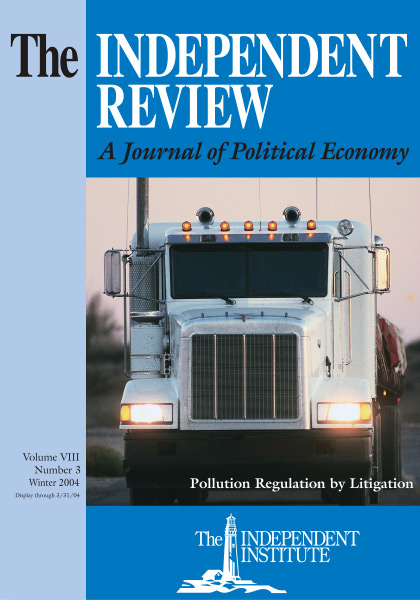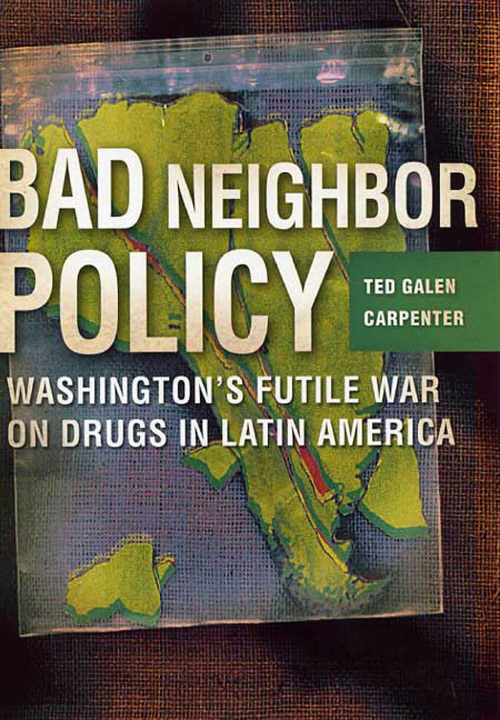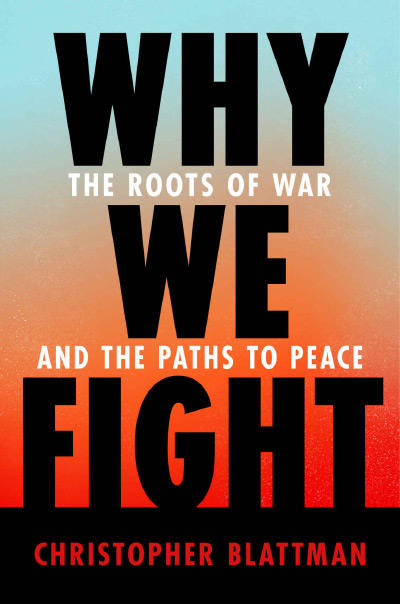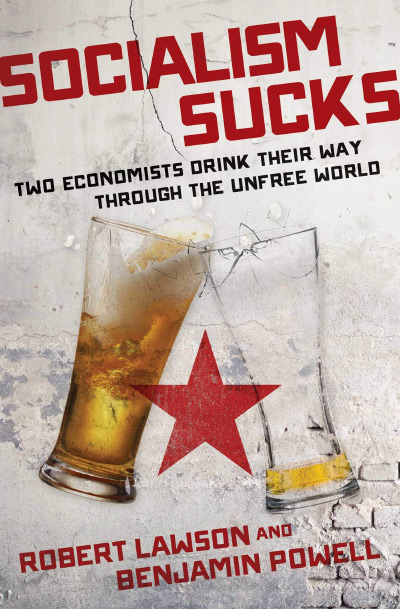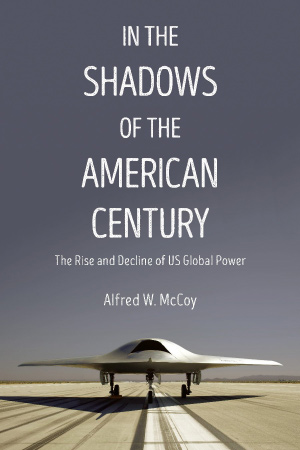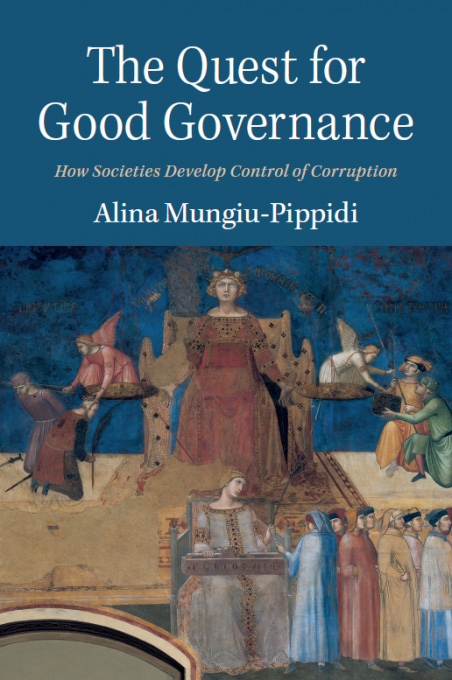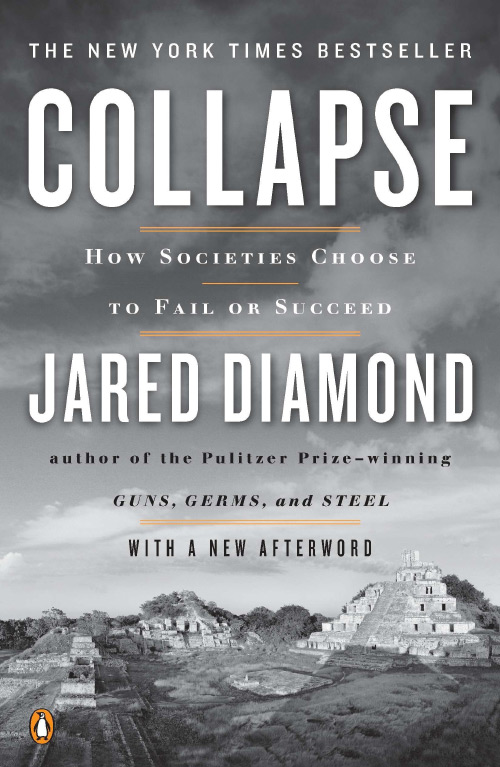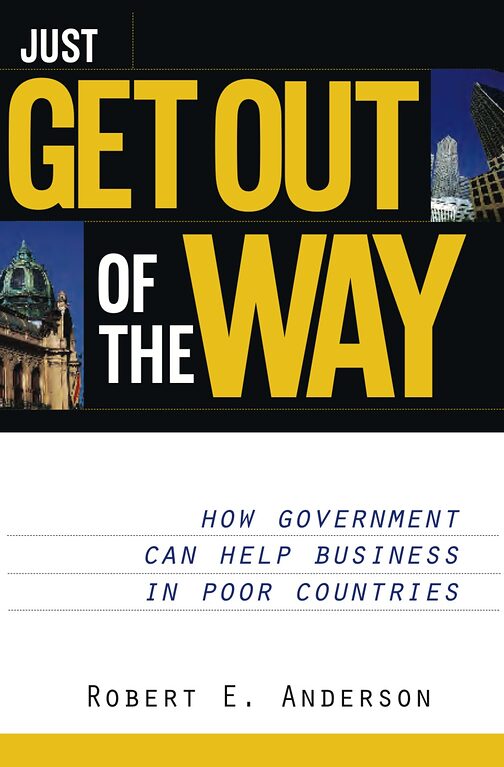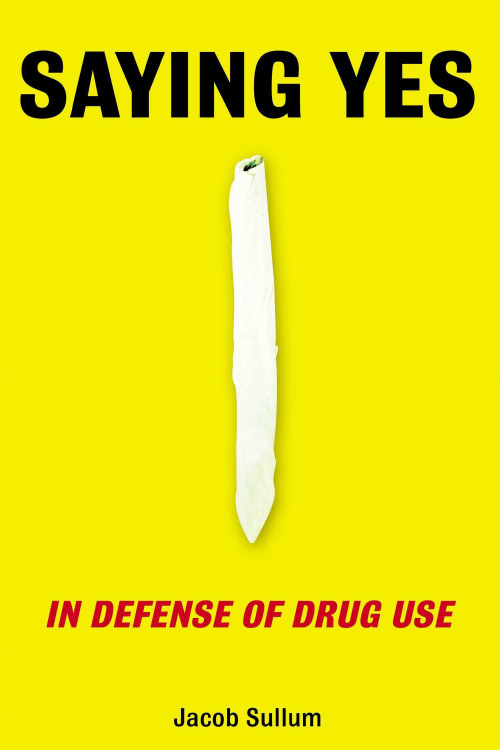Ted Galen Carpenter’s new book is an indispensable, up-to-date examination of “Washington’s futile war on drugs in Latin America,” as its subtitle states the topic. The author, a vice president at the Cato Institute, surveys the history of this policy, dissects the “ugly American” tactics used to carry it out, and concludes with “a blueprint for peace.”
The title Bad Neighbor Policy cuts to the quick by twisting Roosevelt’s “Good Neighbor” phrase of the 1930s to fit the current reality of destructive buck passing that characterizes the U.S. drug war in Latin America today. Most Americans, including drug policy analysts, seldom take this international aspect seriously. Although U.S. policymakers since the Cold War have trumpeted U.S. support for legal, democratic, and market reforms in the region, the “prohibitionist [drug] strategy works at cross purposes to all of these objectives” (p. 167). Indeed as Venezuelan American journalist Carlos Ball remarks, “The war on drugs has done more harm to democratic institutions in Latin America than all the communist guerrillas of the last four decades of the twentieth century combined” (personal correspondence, Ball to William Ratliff, June 24, 2003).
The United States began antidrug initiatives in the Americas before the 1970s but “escalated the stakes” when Nixon made drug policy “the functional and moral equivalent of war” (p. 12). Ford and Carter expanded the “supply-side” offensive, and then Reagan “launched a new and decidedly militant phase” (p. 19), more than tripling the funding for drug eradication, interdiction, and crop substitution. These programs, Carpenter argues in a chapter on “flawed strategies,” began and remain in large part propagandistic and “hopelessly impractical” (p. 91). Over the decades, U.S. policy increasingly has sought to “encourage, persuade, bribe, or coerce foreign governments into joining the U.S.-led drug war” (p. 21). Latin American governments have often supported the war just enough to qualify for U.S. aid without losing all the income and graft that are central to the war. The profit margins of the drug trade “have created powerful economic and political constituencies in drug-producing and drug-transiting countries” (p. 153) and in annual funding expectations for involved U.S. institutions.
Public and government “hysteria” in America reached “record levels” in 1986 after the death of basketball star Len Bias from an overdose of cocaine. This hysteria provoked passage of the Anti–Drug Abuse Act and the declaration that drug trafficking is a national-security issue that requires significant involvement by U.S. military and intelligence forces. The invasion of Panama to seize Manuel Noriega in 1989 was the most overt U.S. military intervention to date. The Clinton administration increased “supply-side” spending by an order of magnitude (to Colombia, in particular), and the current Bush administration, which inherited Clinton’s massive commitments, has increased them further, while finally admitting that separating antidrug operations in Colombia from involvement in the country’s insurgent war is impossible.
The core of recent drug policy is the Plan Colombia, originally an integrated $7.5 billion project that was born dead during Clinton’s last years. Little beyond the antidrug military component (about a quarter of the total) was delivered (by the United States), while the economic and other development aid depended in large part on nonexistent Colombian and seldom forthcoming European funds. Neighboring countries have become unwilling hosts to drug producers and traffickers driven out of southern Colombia by expanded eradication campaigns -- the inevitable “push-down, pop-up” phenomenon. The role of Brazil’s new System for the Vigilance of the Amazon (SIVAM), a vast and linked telecommunications surveillance system built by Raytheon, which Carpenter does not mention, may become critical, depending on U.S. relations with Brazilian governments. U.S. policy successes so far have been “short term and localized” (p. 115). Arrogant policies -- such as the potential annual “decertification” of Latin American governments that are determined not to have “cooperated” enough with the United States -- have weakened fledgling institutions, angered the public (who think the United States should be decertified), and driven peasants into the arms of narcoguerrillas. “The bottom line,” Carpenter notes, “is that, no matter what the specific configuration of tactics, the supply-side campaign against illicit drugs is doomed to fail. As long as there is a substantial global demand for those drugs, the supply will continue to flow” (p. 121). In the end, as The Economist has stated, “by any reasonable measure, America’s ‘war on drugs’ is a disaster” (May 3, 2001, qtd. from the on-line edition).
In his final chapter, Carpenter concludes that the only way out is drug legalization -- that is, “treating currently illicit drugs as alcohol and tobacco are now treated” (p. 232). The book’s strength, however, is its detailed dissection of U.S. drug policies in Latin America, not its summary statements (however much we may agree with them) on other matters that must be examined in detail when changing a complex, fundamentally flawed, decades-old policy with vast international repercussions. The monster the U.S. government has nurtured in Latin America and beyond is now on its own seeking whom it may devour. In part under U.S. pressure, many countries have launched their own drug wars, though a few have been wise and courageous enough to move toward moderation. In the process, elaborate institutions and industries have emerged, ranging from prisons to money laundering to terrorism. The tragic global consequences of prohibitionist policies are graphically depicted in two recent, related films called Traffic, which focus on four countries on four continents: the United States, Mexico, England, and Afghanistan. At this point, the legalization of drugs in the United States, though a leap in the right direction, would be but a major component of a much broader shift in usually U.S.-cultivated drug-related affairs around the world. Some of the complications are discussed in David Jordan’s provocative antilegalization book Drug Politics: Dirty Money and Democracies (Norman: University of Oklahoma Press, 1999).
I agree that we should legalize drugs now and work on the massive international challenges that would result. Unfortunately, very few American politicians will yet consider this action, so realistically we must expect the United States to persist in its pernicious policy for some time. Ethan Nadelmann, executive director of the Drug Policy Alliance, criticizing U.S. policy in Latin America, argues that legalization is “a common-sense solution whose time has not quite arrived” and advocates an interim promotion of “harm reduction” (“Addicted to Failure,” Foreign Policy [July–August], p. 95). In the meantime, while working toward legalization, we must deal in varying ways with the crises the U.S. government has caused or aggravated in other countries. The United States should not become increasingly involved in all of these crises, but a few countries have sufficient geostrategic importance to demand close attention. In Colombia, in particular, the United States has an interest in taking any feasible actions to prevent its continuing disintegration into tiny fiefdoms run by narcoguerrillas. U.S. national interests preclude our saying that because U.S. politicians will not immediately do everything that needs to be done, the only alternative is to do nothing when only everything will make any difference. That is not necessarily so, or at least it should not be concluded without specific direct study of the situation and prospects. Serious, well-informed, practical discussions should be undertaken, including by those of us who are skeptical of intervention abroad, to consider what economic, military, or other aid or action might in some degree reduce, if not eliminate, the expanding chaos. Carpenter and Cato are perfectly positioned in Washington’s Foreign Policy Central to sponsor such a conference. It should debate possible short-term responses to the fallout from the drug disaster even as we intensify efforts to terminate the drug war altogether. Rather than dodging this dilemma, we need to highlight it, pointing constantly to the baleful international consequences of the prohibitionist drug strategy and to the extremely difficult options it throws in the laps of American policymakers, who of course made the bad policies in the first place and are in a position to change them. Most Americans are moralistic about foreign policy, so one important tack would be to emphasize the moral abomination of this policy, abroad as well as at home.
Some other recent studies touching on Latin America offer valuable supporting or contrasting perspectives. Ivelaw Griffith’s edited volume The Political Economy of Drugs in the Caribbean (New York: St. Martin’s, 2000) and Robert MacDoun’s and Peter Reuter’s coedited book Cross-National Drug Policy (London: Sage, 2002) touch on many of the broad issues. The latter includes a thoughtful essay by Francisco Thoumi. Robin Kirk’s More Terrible Than Death (New York: Public Affairs, 2003) relates many examples of the horrors in Colombia and places great responsibility on the United States, but for the most part it targets users, not government policy. Russell Crandall’s Driven by Drugs (Boulder, Colo.: Lynne Rienner, 2002) provides considerable detail on how drugs drive U.S. policy toward Colombia. My essay co-authored with Edgardo Buscaglia, War and Lack of Governance in Colombia: Narcos, Guerrillas, and U.S. Policy (Stanford, Calif.: Hoover Institution Press, 2001), focuses on domestic as well as international factors affecting drugs and chaos in Colombia. Articles by Pamela Falk and Kenneth Sharpe in Stephen Thompson’s edited volume The War on Drugs: Opposing Viewpoints (San Diego: Greenhaven, 1998) are useful, but their brevity illustrates how even books that bring together drug war specialists seldom look seriously at the problem’s international aspects. Finally, a different twist in several ways is Walton Cook’s Buzzword (Boalsburg, Pa.: Public Policy, 2001), a novel that discusses the possible control of narcotics-producing plants by the use of natural or enhanced organisms.

